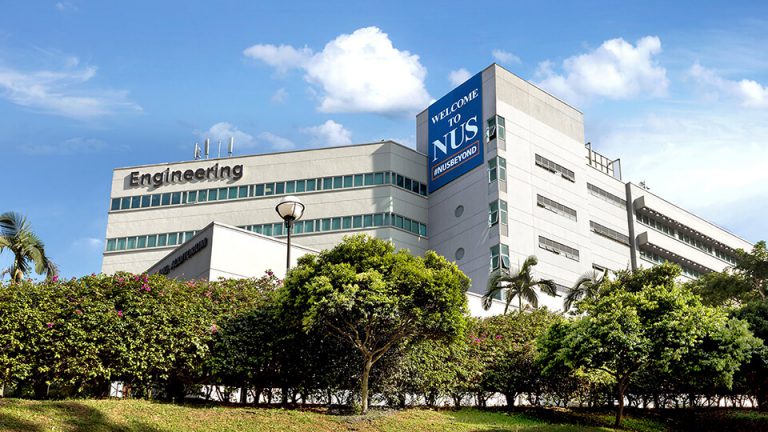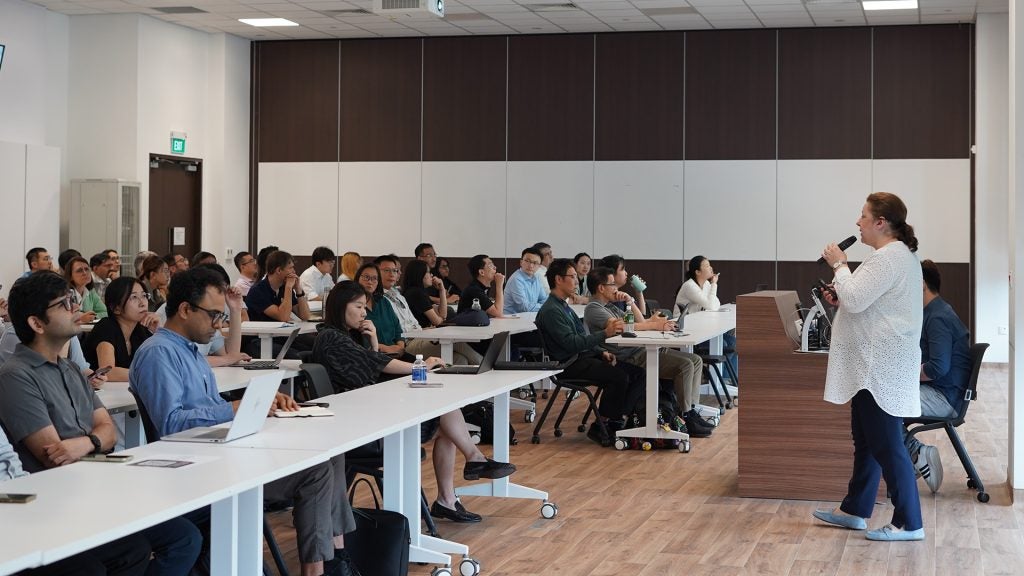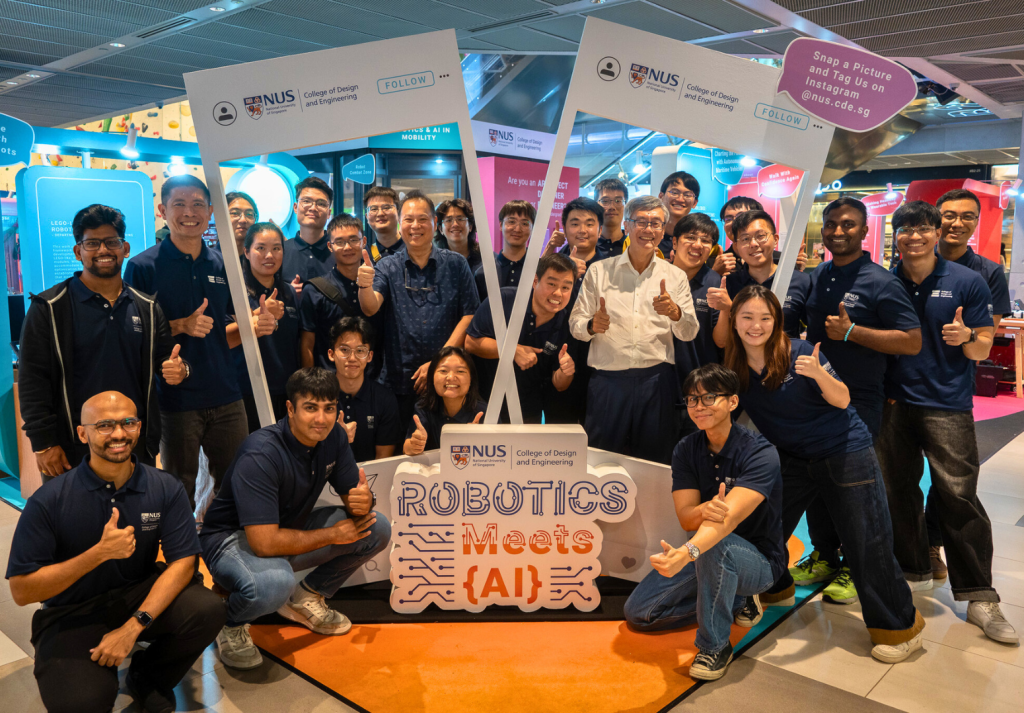
NUS Engineering has been lauded for its educational leadership in the recently published "Global state of the art in engineering education" report by the Massachusetts Institute of Technology (MIT), the only university outside of US and northern Europe to feature among the world's top 10. Cited as a "current and emerging leader in the field", NUS joins other bigwigs such as Olin College, MIT and Stanford University in the US, Aalborg University in Denmark, and Delft University of Technology in the Netherlands.
"It is gratifying to see our efforts in making engineering education more holistic being recognised in this MIT-commissioned report. We firmly believe that a holistic engineering education is the right approach to training engineers with strong technical skills and the creativity and innovativeness needed to tackle complex social, economic and environmental problems of the 21st century," said Dean of NUS Engineering Professor Chua Kee Chaing of the news.
NUS Senior Deputy President and Provost Professor Ho Teck Hua added that the achievement speaks volumes of the commitment and excellent work put in by the University's outstanding faculty and researchers. "We are constantly enhancing the transformative educational experience here at the University and this has reaped positive results in nurturing future-ready graduates that are prepared to take on the challenges and excel in the global workplace. We will also deepen the translational impact of NUS' research, and enhance our vibrant ecosystem to further foster innovation and entrepreneurship."
The new report is a global review of cutting-edge practice in engineering education informed by interviews with close to 200 thought leaders with knowledge of, and experience with, world-leading engineering programmes. In addition to highlighting leaders in the field, it showcases future directions, opportunities and challenges, as well as case studies from various universities.
According to the report, three trends are likely to define the future of engineering education. They are a greater emphasis on engineering education leadership outside of US and northern European institutions; a shift towards programmes that integrate student-centered learning with a curriculum focusing on addressing pressing challenges of the 21st century; and a new generation of leaders able to deliver student-centered curricula at scale. The report suggests that in the future, the world's leading engineering programmes will be those that blend off-campus personalised learning with experiential learning on campus and in work placements.
This article was first published on 29 March 2018 in NUS News at http://news.nus.edu.sg/highlights/nus-engineering-leader-education.
The article "NUS in MIT's top 10 list of engineering education leaders" was published on 2 April 2018 in The Straits Times at http://www.straitstimes.com/singapore/education/nus-in-mits-top-10-list-of-engineering-education-leaders
Find out more about our education here.





